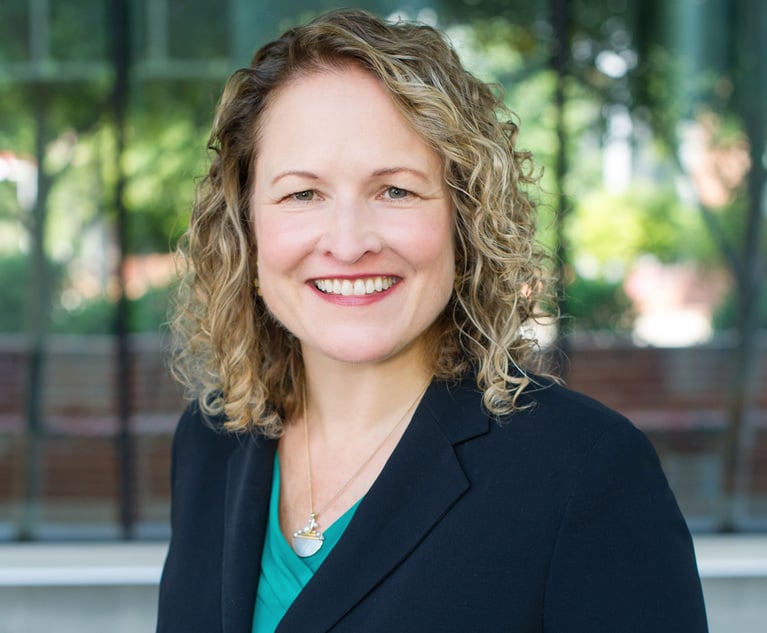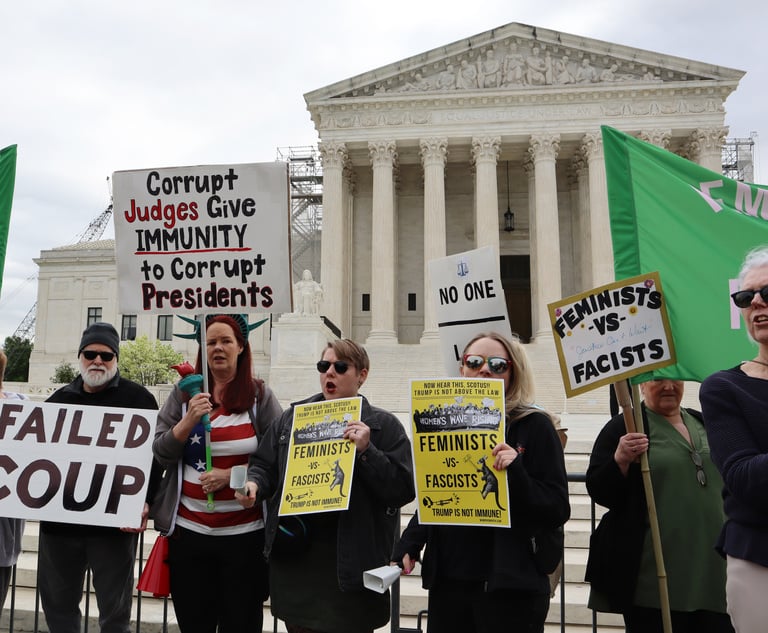In United States ex rel. Sorenson v. Wadsworth Brothers Construction Co., the U.S. Court of Appeals for the Tenth Circuit took up the dismissal of a complaint raising a so-called “false-certification” theory of liability under the False Claims Act. Relying on “the demanding materiality standard set out by the Supreme Court” in its 2016 Escobar decision, the appellate court affirmed the  district court’s dismissal and emphasized the high bar that FCA plaintiffs face in pleading false-certification claims.
district court’s dismissal and emphasized the high bar that FCA plaintiffs face in pleading false-certification claims.
The False Claims Act (FCA) “imposes significant penalties on those who defraud the Government.” Universal Health Services v. United States ex rel. Escobar, 579 U.S. 176, 180 (2016). Specifically, a plaintiff may recover civil penalties and treble damages from anyone who knowingly makes a false or fraudulent claim for payment from the federal government. 31 U.S.C. §3729(a)(1). In Escobar, the Supreme Court considered a so-called “implied false certification” theory of liability. Under this theory, “when a defendant submits a claim” for payment to the federal government, that defendant “impliedly certifies compliance with all conditions of payment. But if that claim fails to disclose the defendant’s violation of a material statutory, regulatory, or contractual requirement, so the theory goes, the defendant has made a misrepresentation” that opens it up to FCA liability. Escobar, 579 U.S. at 180. In Escobar, the Supreme Court confirmed “that, at least in certain circumstances, the implied false certification theory can be a basis for liability.” Id. at 181. At the same time, establishing that liability is a tall order: The plaintiff must prove that “the defendant knowingly violated a requirement that the defendant knows is material to the Government’s payment decision.” Id. (emphasis added). Moreover, the Escobar court held, “[t]hose requirements are rigorous.” Id. at 192. “[T]he Government’s decision to expressly identify a provision as a condition of payment is relevant, but not automatically dispositive.” Id. at 195. Moreover, “if the Government pays a particular claim in full despite its actual knowledge that certain requirements were violated, that is very strong evidence that those requirements are not material.” Id.









